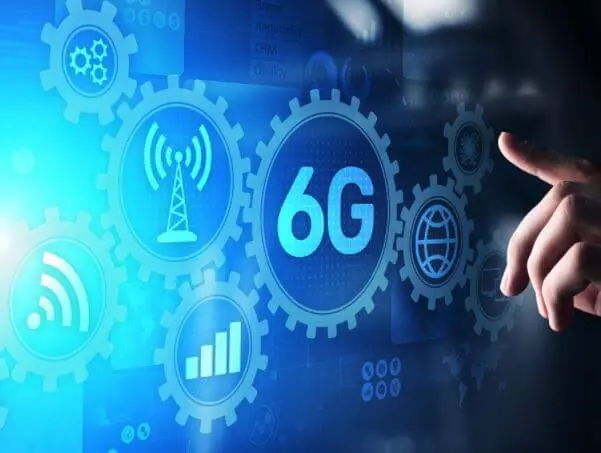5G technology has barely taken root with only 100 wireless carriers around the globe. Many are still yet to fully get onto 4G and are still holding on to 3G technology either from lack of access or simply out of choice.
Companies worldwide are already putting together the building blocks for next-generation, 6G technology, which will be broadband cellular networks. Several firms such as Nokia, Samsung and LG have shown interest in 6G.
Nokia leads the way in the next generation of wireless networks as the overall project leader for Hexa-X, the European Commission’s 6G flagship initiative for research that will drive the overall 6G vision.
The project goals include creating unique 6G use cases and scenarios, developing fundamental 6G technologies and defining a new architecture for an intelligent fabric that integrates key 6G technology enablers.
“Even though there is still a lot of innovation in 5G with the release of new standards, we are already exploring 6G in our research lab. In the 6G era we will see applications that will not only connect humans with machines but also connect humans with the digital world. Such a secure and private connection can be used for preventive healthcare or even to create a 6G network with a sixth sense that intuitively understands our intentions, making our interactions with the physical world more effective and anticipating our needs, thereby improving our productivity,” said Peter Vetter, Head of Access and Devices Research, Nokia Bell Labs.
Read More
The Hexa-X project has been awarded funding from the European Commission under the European Union’s Horizon 2020 research and innovation program, a significant step toward bringing together key industry stakeholders in Europe to take the lead in advancing 6G.
The Hexa-X project aims to connect the physical, digital and human worlds, firmly anchored in future wireless technology and architectural research. Wireless technologies are critical for society and the economy today and their importance will continue to steadily increase with 5G and its evolution, enabling new ecosystems and services.
Nokia has been at the forefront in commercialising every generation of wireless technology, from the first GSM call to the best performing 4G networks and the world’s fastest 5G speeds.







